Former health secretary Jeremy Hunt has apologised to the families of Lucy Letby’s victims.
Mr Hunt opened his appearance at the Thirlwall Inquiry at Liverpool town hall by saying that Letby’s crimes had been committed “on [his] watch”.
The inquiry is looking into how Letby, 35, was able to kill seven babies and try to kill seven others while working at the Countess of Chester hospital between 2015 and 2016.
Mr Hunt apologised “for anything that didn’t happen that could potentially have prevented such an appalling crime”.
He said “although you don’t bear response for everything that happens on every ward in the NHS, [as health secretary] you do have ultimate responsibility for the NHS”.
He said lessons had not been learned from previous inquiries, or the right systems were not in place that could have prevented “this appalling tragedy”.
He added he bore the “ultimate responsibility”.
He said: “I think one of the things that could have potentially meant that what happened at the Countess of Chester was spotted earlier and the dots were joined up would have been having medical examiners.”
The introduction of medical examiners across the NHS in England and Wales – to provide independent scrutiny of causes of death, address any concerns from bereaved families, work with coroners and review medical records – had been recommended by previous healthcare inquiries.
The system was first suggested at the inquiry into the crimes of serial killer GP Harold Shipman in 2004 and then further recommended by Sir Robert Francis in his 2013 report into the neglect of hundreds of patients at Mid Staffordshire NHS Foundation Trust, the Thirlwall inquiry heard.
Mr Hunt said it was only when the issue of funding medical examiners came across his desk again in 2023 when he was chancellor that he “pushed it through”.
Since last September all deaths in any health setting in England and Wales that are not investigated by a coroner are being reviewed by NHS medical examiners.
He suggested medical examiners should be trained to see the signs or patterns of malicious harm in the work of a healthcare professional and that having “malicious actors” such as Shipman and Letby at the backs of their minds could make a “big difference”.
The inquiry heard a non-statutory rollout of medical examiners in England and Wales began in 2019.
Mr Hunt said: “I think the medical examiner system, when it works well, is incredibly important to a healthcare system because I think it’s not just important for learning from mistakes, it’s also very important for families who have been bereaved to have someone independent that they can talk to and raise concerns.
“Feedback from relatives was a very important clue for them as to where things might be going wrong.”
Mr Hunt also spoke about a shortage of doctors.
“Historically we have never trained enough,” he said.
“I increased training places by 25% in 2016, and doubled [them] again as Chancellor.
“Doctors are being increased, but the trouble is it takes seven years – the first new doctors from the 2016 increase didn’t come out until last year.”
The inquiry continues.






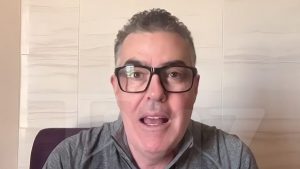




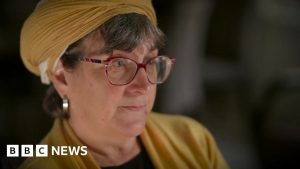

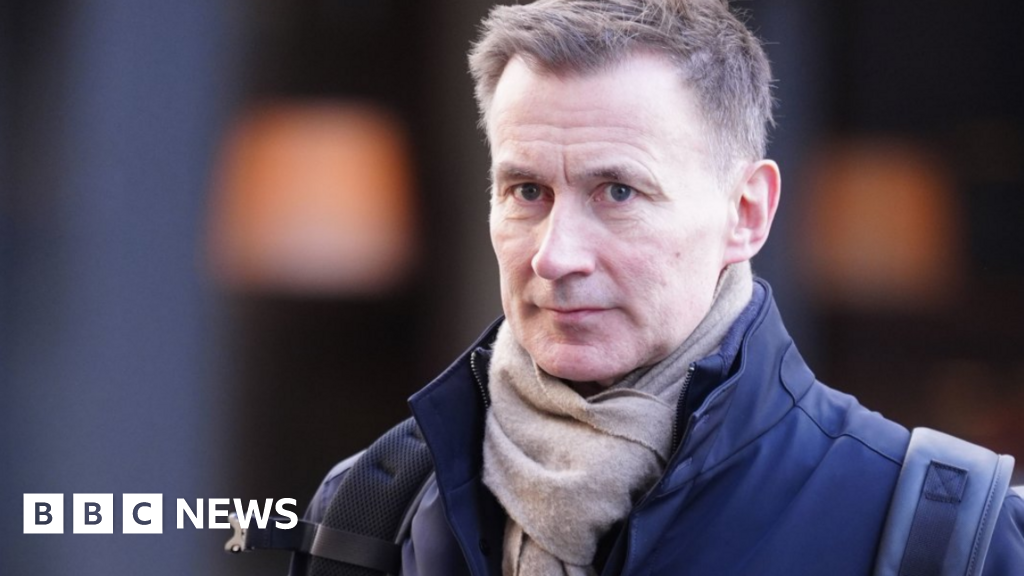
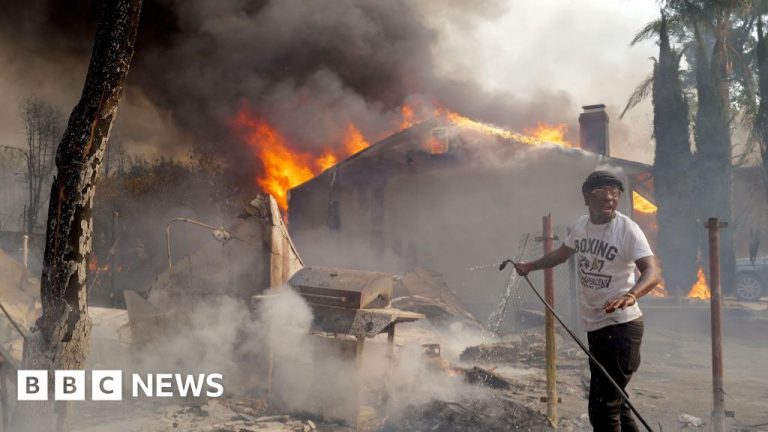
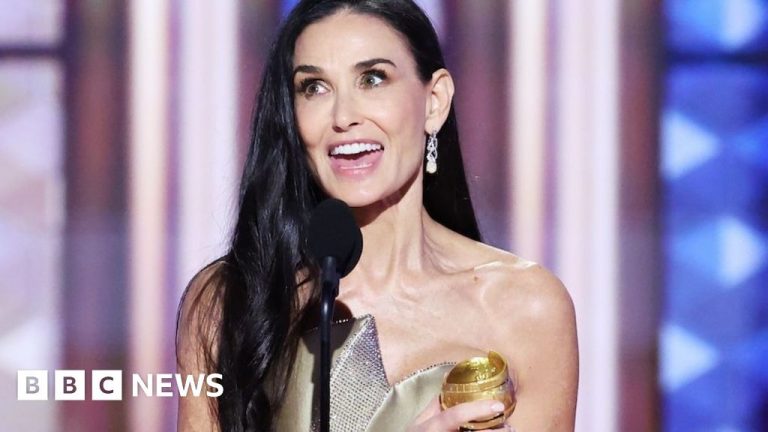
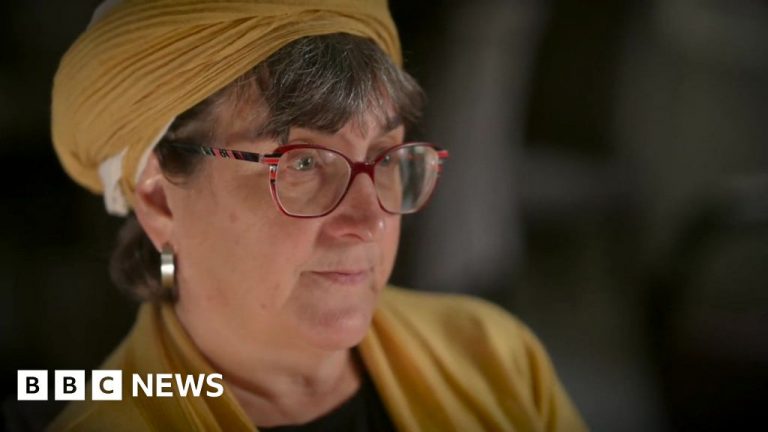
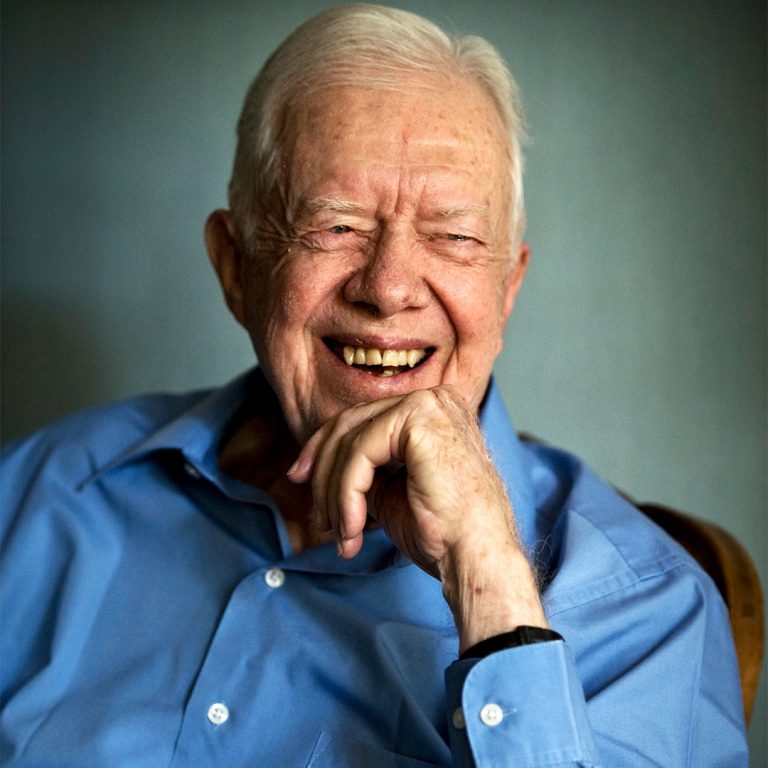


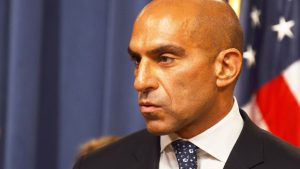


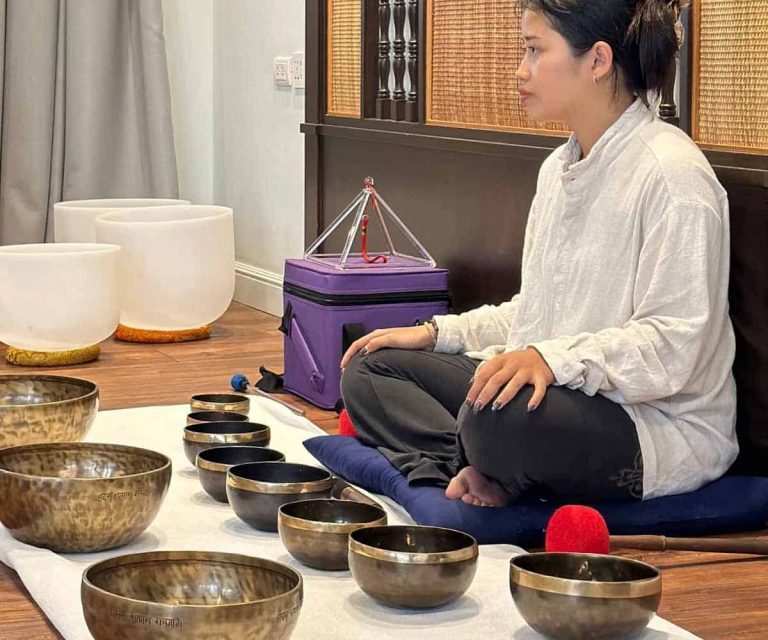
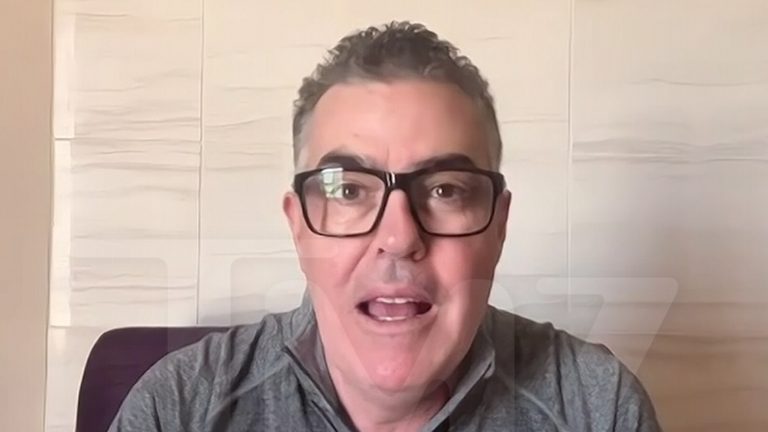
+ There are no comments
Add yours